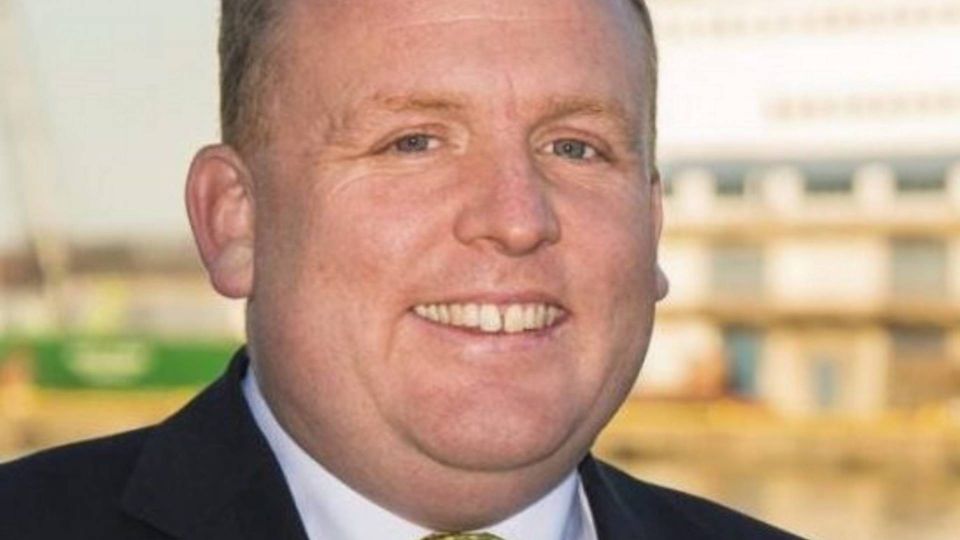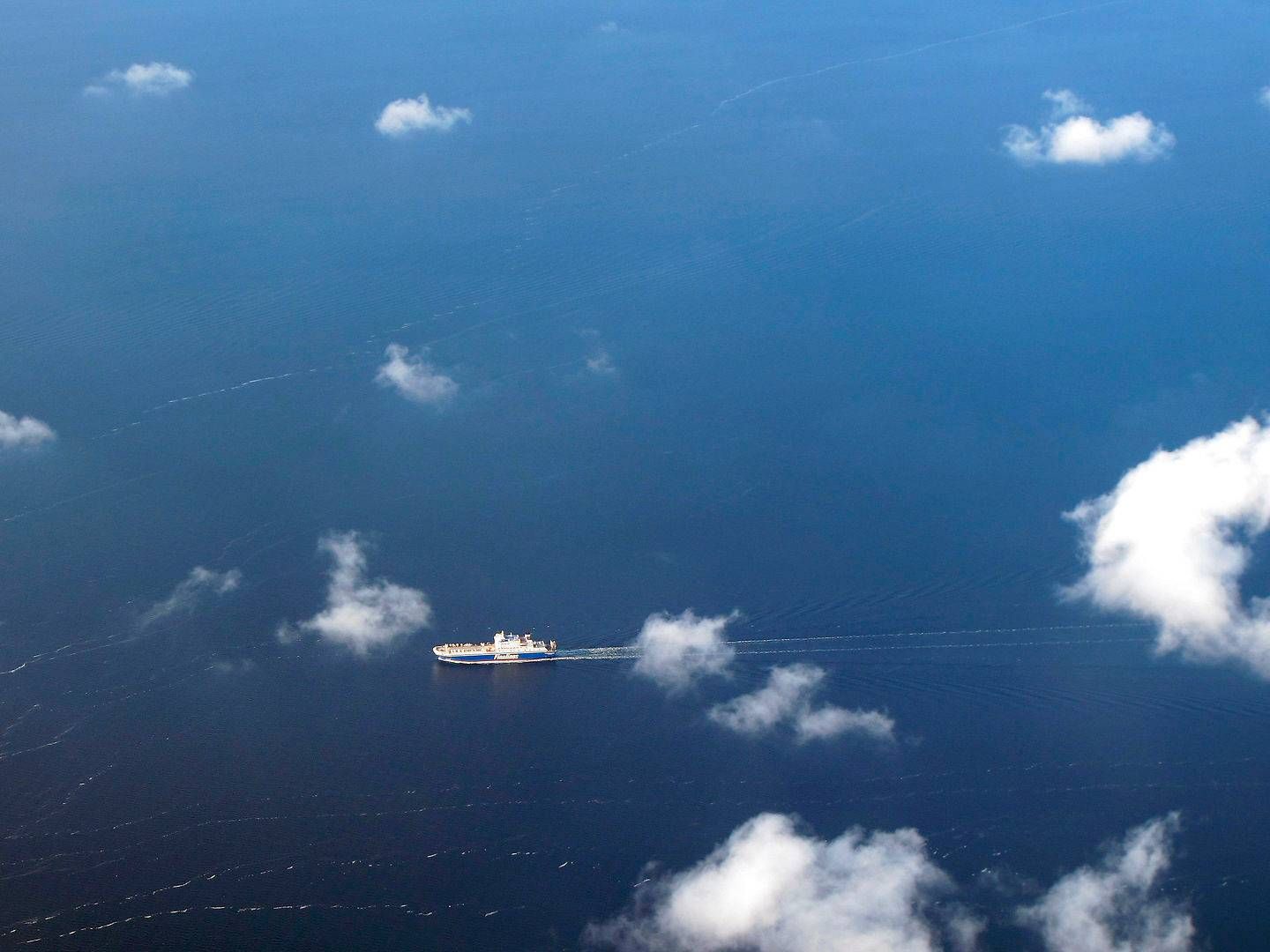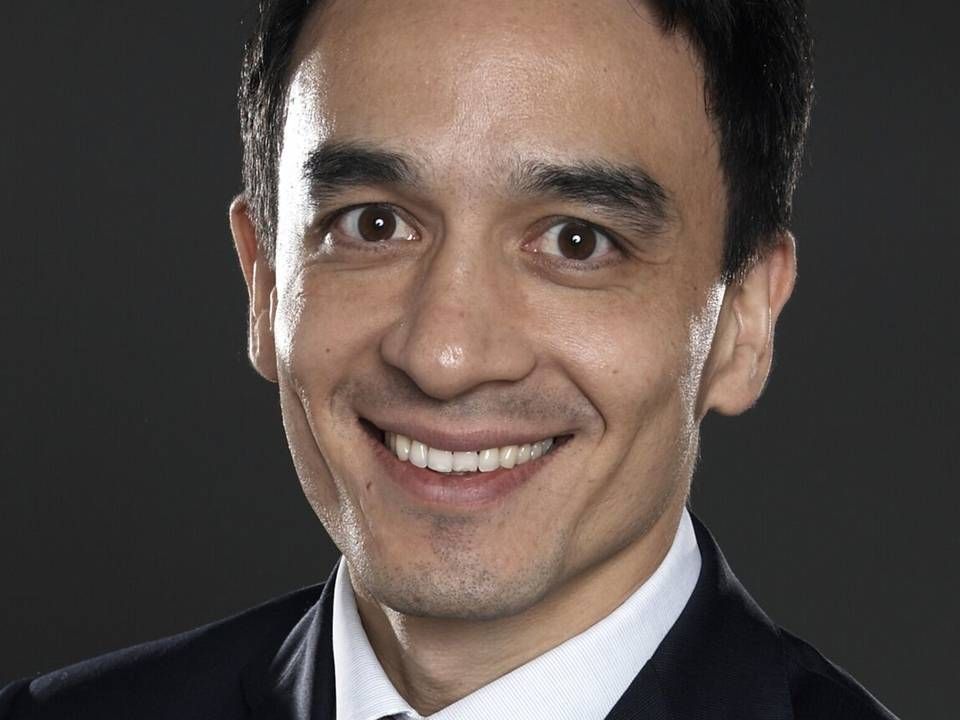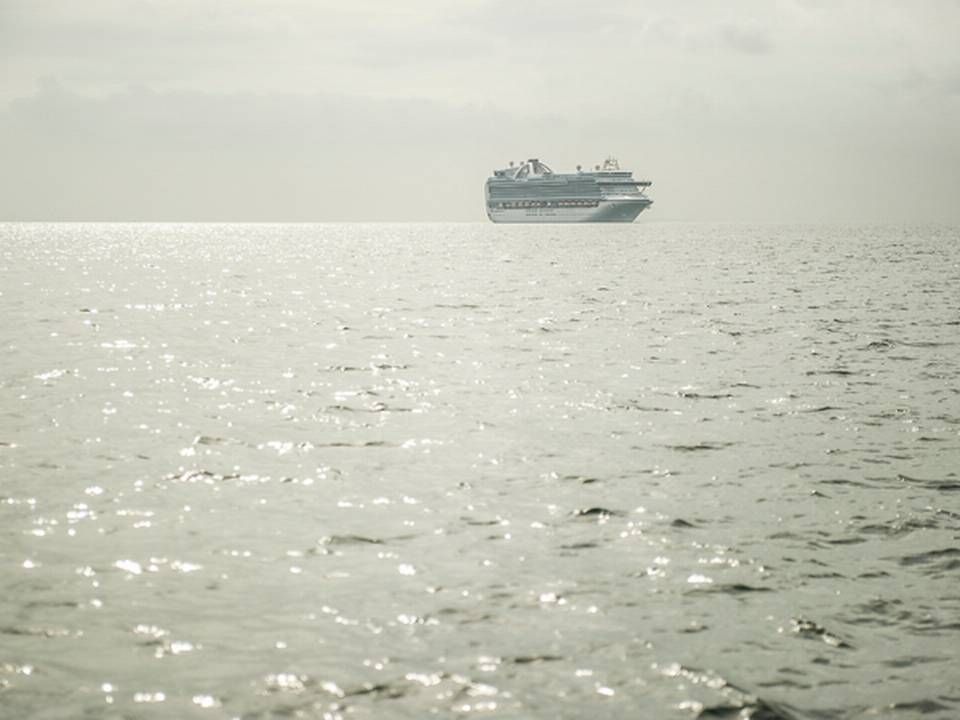Corvus Energy expects that "big ships" can sail on batteries in two or three years

Norwegian-Canadian battery supplier Corvus Energy is rapidly approaching a stage in which the heavier part of the shipping industry can use its batteries, says CEO Geir Bjørkeli in an interview with ShippingWatch.
He explains that Corvus believes it is realistic to have battery solutions ready for "big ships" within a period of two or three years.
When you say you expect that a battery can serve as the engine of a "big ship" in two or three years, what do you mean?
"On big deep-sea vessels it will be hybrid solutions, but with large batteries and smaller generators than today," says Bjørkeli, adding that he categorizes a big ship as being in the range of 2,500 teu.
However, he also says that Corvus could face bumps in the road that could end up delaying the goal. The CEO points to several new fuels as potential partners in a new hybrid solution.
"Battery is not a solution alone for big ships, but in combination with for instance hydrogen and fuel cells or LNG, it could help reduce emissions," says Bjørkeli.
Steep growth curve
Corvus currently supplies batteries for, among other things, ferries and tugboats – and despite the fact that the supplier's batteries are still not a fixture in the engine rooms at container, dry bulk or tanker shipping companies, Corvus is in a completely different place today than when it was launched in British Columbia, Canada, in 2009.
At the time, the company's product – just as it is today – was batteries for the maritime sector. The difference was that at the time the company offered just one. Today customers can choose between seven different types, says Bjørkeli, who has been with Corvus since the beginning of 2018.

Another contrast is its presence, which in the past 11 years has grown from a single office in Richmond, British Columbia, to now including production in both Norway and Canada, an office in Singapore and an ongoing attempt to establish a presence in Japan.
"We've gone from being a little, Canadian startup to now being a global technology supplier," says Bjørkeli, adding that the company for 2019 expects a revenue of around USD 45 million.
And with his knowledge of the rest of 2020, he expects that the revenue will increase significantly.
"Here in 2020 we'll land at around USD 90 million," says the CEO of Corvus Energy, which is now headquartered in Bergen, Norway, and has grown to more than 170 employees, of which some 70 are engineers working in research and development.
One of the big draws for Corvus Energy is Norway's ambition to electrify maritime transport, which specifically means that buyers of batteries can typically get 20-50 percent of the purchase subsidized. And the CEO does acknowledge the value of the financial help.
"We would never be where we are today with the technology if we hadn't had support schemes and state-financed development projects," says Bjørkeli.
Heavyweights in ownership – says no to equity funds
Another factor in Corvus Energy's growth is the ownership, which has been continuously developing. Since 2012, companies such as Equinor, Shell, Norsk Hydro and BW Group, all of which have stakes of around 20 percent, have joined the ownership.
But the major companies are not the only ones vying to get in.
"We have repeatedly said no to equity funds, which quickly want high returns," says Bjørkeli:
"And we have no plans to let more investors in."
English Edit: Daniel Logan Berg-Munch
Maritime battery supplier bags Shell investment
BW Group is looking into new decarbonization methods
Supplier ready with new battery for ferries and cruise ships
Related articles
Maritime battery supplier bags Shell investment
For subscribers
BW Group is looking into new decarbonization methods
For subscribers
Supplier ready with new battery for ferries and cruise ships
For subscribers



















